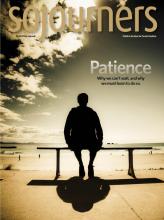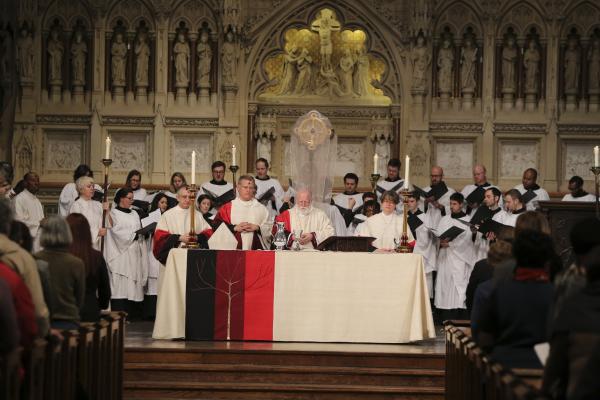THE ANGLICAN COMMUNION is a beloved, global, traditional, innovative, challenging, frustrating, and sometimes very confusing institution. A lot like families I know.
On Jan.14, a majority of the Anglican senior leaders voted that, for a period of three years, no one from the Episcopal Church’s 109 dioceses in the United States and 17 other countries may “[any] longer represent us on ecumenical and interfaith bodies, should not be appointed or elected to an internal standing committee, and that while participating in the internal bodies of the Anglican Communion, they will not take part in decision making on any issues pertaining to doctrine or polity.”
This action came in response to a decision made by the Episcopal Church last July to remove its canonical language that confines marriage to unions between a man and a woman and authorizes two new marriage rites with language for use with same-sex or opposite-sex couples.
Yet the Anglican leaders also unanimously expressed their desire to “walk together in the grace and love of Christ” as this process unfolds.
Read the Full Article

